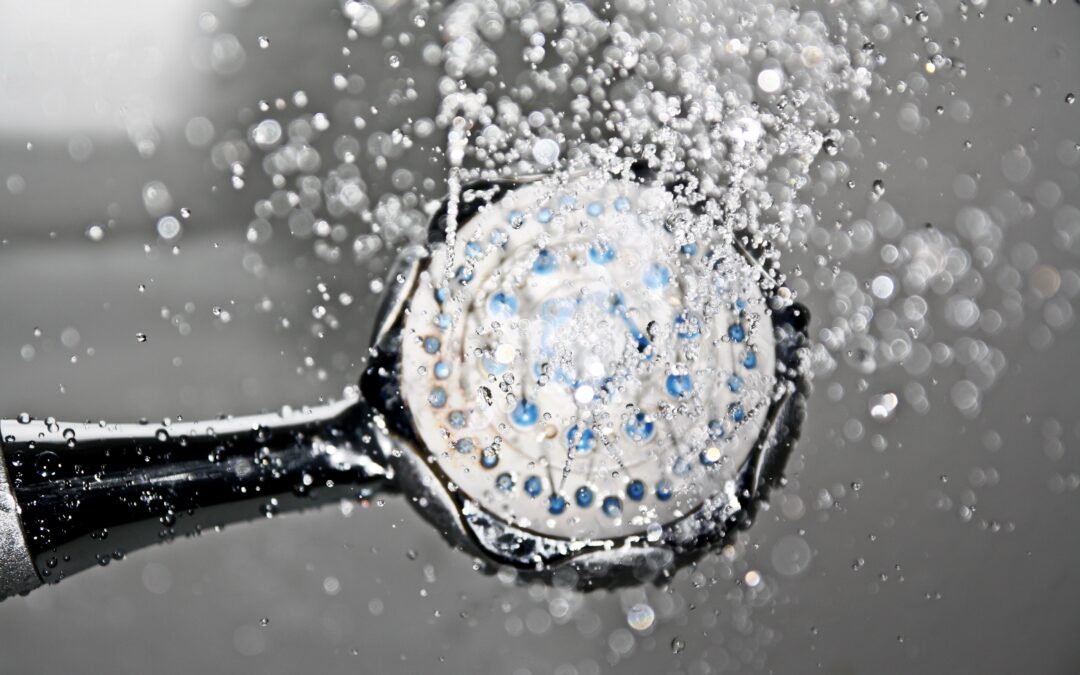Ever wondered how a heat pump hot water upgrade works, or what this eco-friendly solution even does?
Heat pumps are essentially energy converters that absorb heat from the surrounding environment and then transfer it back to the water in the tank. This process is powered by electricity but uses significantly less than conventional electric water heaters.
Heat pumps operate on the same principle as refrigerators and air conditioners, but in reverse. They utilise a refrigerant to absorb heat from the outside air, even in cold temperatures. The heat is then compressed, increasing its temperature, before being transferred to the water.
So, a heat pump hot water system doesn’t actually generate heat—it simply moves it from one place to another. This is why these systems are incredibly energy efficient, offering a sustainable alternative to traditional gas or electric hot water systems.
Benefits of Upgrading to a Heat Pump Hot Water System
First and foremost, the energy efficiency of these systems can result in significant savings on your utility bills. With the cost of energy continually rising, this is a big advantage.
Not only are you likely to see a reduction in your energy bills, but there’s also the environmental impact to consider. That’s because heat pump hot water systems have a much lower carbon footprint, compared to traditional systems. Ultimately, by upgrading, you’re moving towards a greener, more sustainable future.
What’s more, some state governments offer incentives for homeowners to upgrade to energy-efficient hot water systems. These can come in the form of rebates, reducing the upfront cost of your heat pump hot water upgrade.
Thinking of Getting a Heat Pump Hot Water Upgrade?
Before you take the plunge and upgrade your hot water system, there are a few key considerations to keep in mind.
Firstly, heat pumps are highly efficient but perform best in warm or temperate climates. They can still function in colder temperatures, but their efficiency may be reduced.
Secondly, you’ll need to think about the size of the system. This will depend on your household’s hot water usage. A larger family will need a bigger system than a single person or couple.
Lastly, consider the installation location. Heat pumps can generate more sound than traditional gas or electric hot water units, so you’ll want to install them somewhere where this won’t be an issue. They also need good airflow to extract heat from the environment, so they can’t be installed in enclosed spaces without sufficient clearance to draw air from.
Maintaining Your Heat Pump Hot Water System
Like any appliance, your heat pump hot water system will need regular maintenance to keep it running at its best. At Canberra Plumbing and Drains, we recommend a professional hot water service once a year.
This service will typically include:
- checking and cleaning the air filters
- assessing the refrigerant pressure,
- and ensuring all electrical connections are secure.
Aside from professional servicing, you can also do a few things yourself to keep your system running smoothly. For example, regularly cleaning the external unit and keeping the area around it clear will help ensure it has adequate airflow.
In the end, proper maintenance prolongs your system’s life and ensures its efficiency for years to come.
Choose Canberra Plumbing and Drains
When it comes to your heat pump hot water upgrade, choose a plumber you can trust.
At Canberra Plumbing and Drains, we have years of experience and a team of qualified professionals ready to help.
Plus, we offer a range of high-quality heat pump hot water systems and can provide expert advice to help you choose the right one for your home. We’ll also handle the entire installation process, ensuring your system is set up for maximum efficiency and performance.
Don’t wait to start enjoying the benefits. Call Canberra Plumbing and Drains to book in your heat pump hot water upgrade today!
Key Takeaways
- Upgrading to a heat pump hot water system revolutionises home heating.
- These systems allow for significant energy savings for years to come.
- They also allow you to take a step towards a more sustainable future.
- Proper maintenance is necessary to ensure maximum performance.
FAQs
What are the disadvantages of a heat pump hot water system?
When considering a heat pump hot water system, it’s important to be aware of its disadvantages. Here are some of the drawbacks associated with heat pump water heaters:
Space Requirements: Heat pump water heaters tend to take up more space compared to traditional water heaters. This can be a disadvantage, especially for homes with limited space.
Higher Upfront Costs: Heat pump water heaters generally have higher upfront costs compared to conventional water heaters. While they can provide long-term energy savings, the initial investment may be a deterrent for some homeowners.
Performance in Cold Temperatures: Heat pump water heaters may not perform as efficiently in colder temperatures. Since they rely on extracting heat from the surrounding air, colder climates can impact their performance and efficiency.
Despite these disadvantages, heat pump water heaters also offer several advantages, such as significant energy savings and reduced greenhouse gas emissions. It’s important to consider your specific needs, budget, and climate when deciding whether a heat pump hot water system is the right choice for you.
Are heat pump water heaters worth the extra cost?
Heat pump water heaters can be more expensive than traditional electric or gas water heaters, but they can also save you money on your energy bills in the long run.
Here are some pros and cons to consider:
Energy efficiency: They use just a fraction of the energy that traditional electric and gas water heaters use, so you can save money on your energy bills.
Cost savings: A heat pump water heater can save a household of four people around $330 a year on electricity bills.
Environmental benefits: Heat pump water heaters create less planet-warming pollution than traditional water heaters


Recent Comments